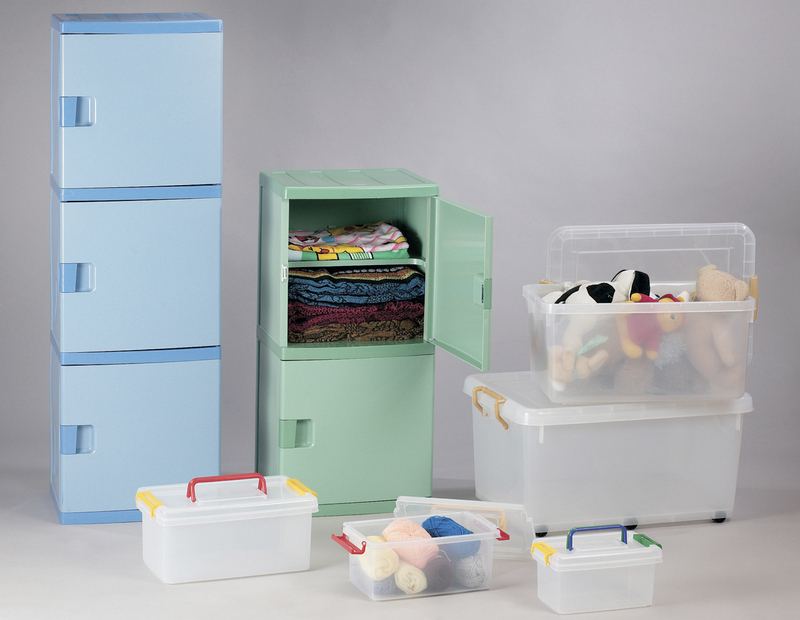Extend Your Sofa's Lifespan: Advice for Long-Term Storage
Posted on 02/07/2024
Sofas are a central piece of furniture in any living room, providing both comfort and style. However, as with any other investment, it's important to take proper care of your sofa to ensure it lasts for many years to come. This is especially true if you plan on storing your sofa for an extended period of time. Whether you're moving, downsizing, or simply looking to switch up your d?cor, proper storage techniques can greatly extend your sofa's lifespan. In this article, we'll discuss some helpful tips and advice for long-term storage of your sofa.
The Importance of Proper Storage
Before we dive into the specifics of how to store your sofa, let's first understand why it's so important. Sofas are meant to withstand daily use, including sitting, napping, and even spills. However, when not properly cared for or stored, they can easily become damaged. Fabric can stain or fade, frames can warp or crack, and cushions can lose their shape and support. By taking the time to store your sofa correctly, you can prevent these issues and keep it in good condition for future use.

Preparing Your Sofa for Storage
The first step in storing your sofa is preparing it for the process. Start by thoroughly cleaning the sofa using the appropriate methods based on its material (i.e., vacuuming for fabric upholstery or wiping down with mild soap and water for leather). This will remove any dirt, debris, or stains that could potentially worsen during storage.
Next, consider using a protective cover specifically designed for sofas. These covers will shield your sofa from dust and other elements that may cause damage during storage. If you don't have access to a cover, you can also use old sheets or blankets as an alternative.
Choose the Right Location
When selecting a place to store your sofa, be mindful of potential hazards. Basements and attics may seem like convenient options, but they are often damp, which can lead to mold or mildew growth. Additionally, these areas are more likely to experience temperature fluctuations, which can also damage your sofa. Instead, opt for a climate-controlled storage unit to maintain a consistent temperature and prevent moisture.
Store it Properly
Now that you've found the perfect location, it's time to properly store your sofa. Start by removing any cushions and storing them separately in a dry, clean space. This will prevent them from flattening or losing their shape over time. Then, place your sofa on a raised platform to protect it from potential flooding or pests.
If your sofa has removable legs, it's best to take them off before storage. This will not only make the sofa easier to transport and maneuver, but it will also prevent any damage or warping to the legs during storage.
Check on Your Sofa Regularly
It's important to periodically check on your stored sofa to ensure it is still in good condition. This is especially true if you plan on storing it for an extended period of time. If possible, schedule monthly visits to your storage unit to inspect the sofa and make sure there are no signs of damage or pests.
The Pros and Cons of Long-Term Storage
One of the major benefits of long-term storage for your sofa is that it keeps it safe and protected from potential damage. It also allows you to free up space in your home without having to permanently part with a beloved piece of furniture.
However, there are also some downsides to consider when storing your sofa for an extended period. For example, if you store it for too long, the fabric may become outdated or out of style. Additionally, there is always a risk of damage during transportation or while in storage, so it's important to take proper precautions.

Quick Tips and Takeaways
To recap, here are some quick tips and takeaways for storing your sofa long-term:
- Thoroughly clean and protect your sofa before storing it.
- Select a climate-controlled storage unit to prevent damage from moisture or temperature fluctuations.
- Use a raised platform and remove the legs for added protection.
- Check on your stored sofa regularly to ensure it is in good condition.
- Keep in mind the potential pros and cons of long-term storage.
In Conclusion
By taking the time to properly store your sofa, you can extend its lifespan and keep it in good condition for future use. Follow these tips and takeaways to keep your sofa safe during long-term storage. With proper care, you can enjoy your favorite piece of furniture for many years to come.
Latest Posts
Heavy Lifting Safety Techniques
The Art of Coat Preservation: Storage Techniques




